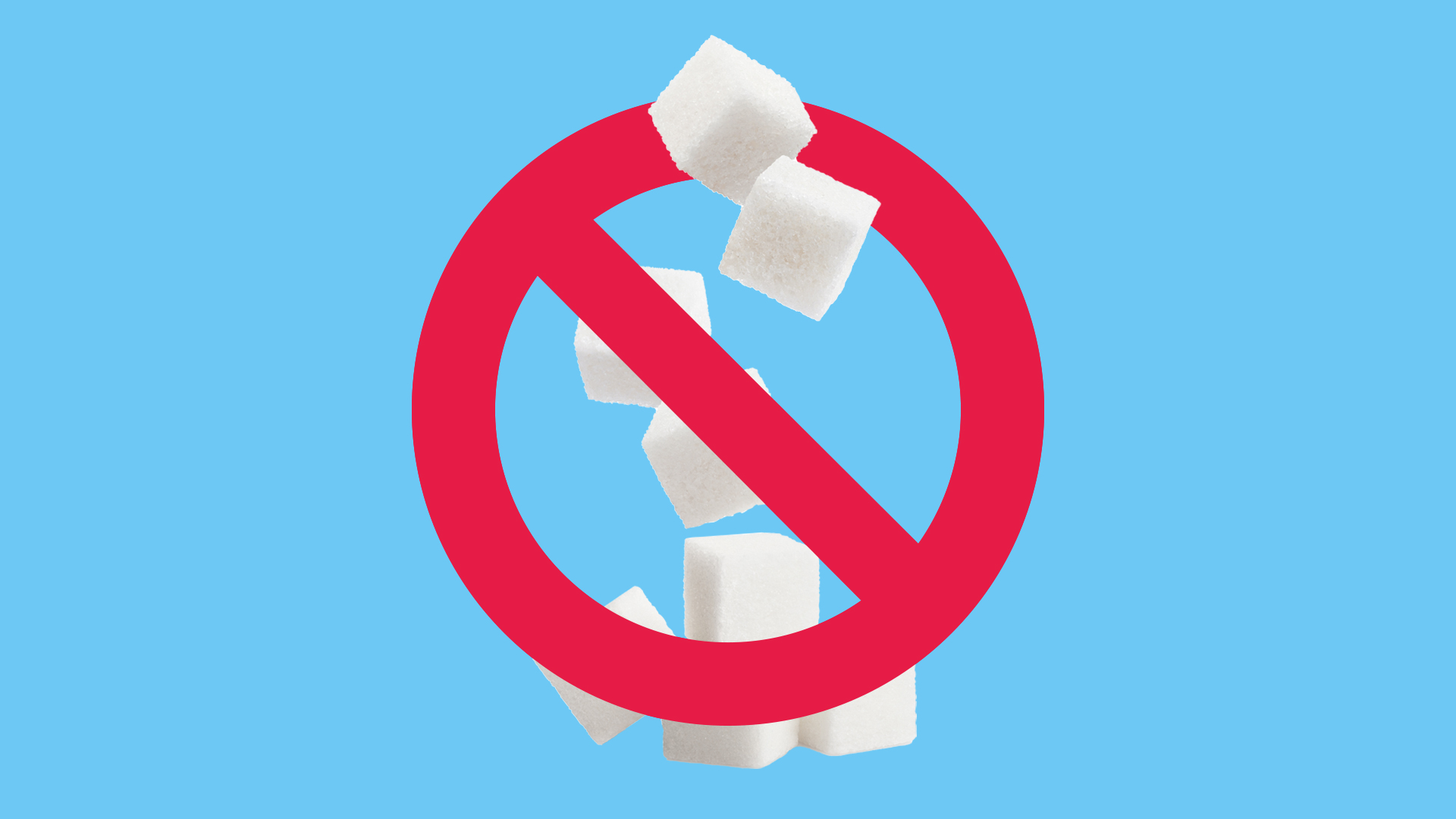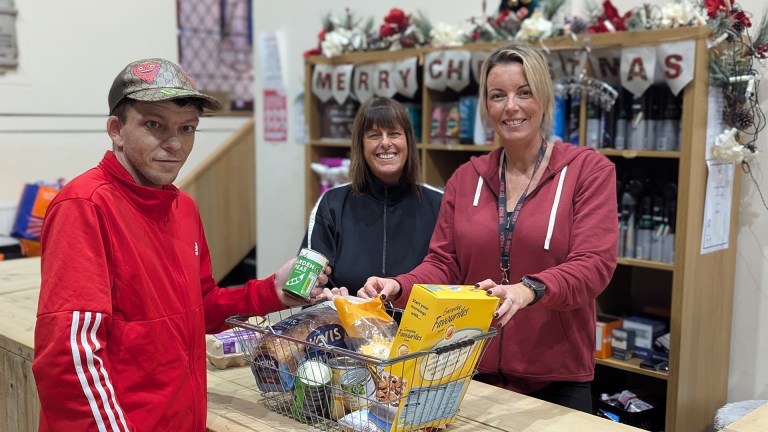In October, promotions of unhealthy or HFSS (high fat, salt, sugar) foods will be restricted across UK supermarkets, significantly changing the food retail environment as we know it.
Foods such as crisps, pizzas and chocolate will no longer be promoted or positioned in prominent locations on the end of aisles or at store entrances. Three for two deals, BOGOFs and tins of Christmas chocolates at checkouts will be a thing of the past. But, in the face of the cost-of-living crisis and rising food prices, there is a strong food poverty argument that the ongoing obesity epidemic should come second when many are skipping meals and cannot afford to eat. And will these measures even stop
consumers from finding and buying their favourite treats?
The comprehensive legislation comes as part of the government’s obesity reduction strategy. Price, promotions and advertising have a huge influence on what foods customers choose to put in their baskets.
In May, Boris Johnson announced a delay in the legislation until 2023 due to the rising cost of living. The advertising segment of the HFSS ban will be further delayed to 2024. Despite the delay being met with relief by food poverty advocates, several major supermarkets including Tesco, Sainsbury’s and Waitrose have committed to continuing to implement the legislation in the name of health.
The Covid-19 pandemic highlighted the fragility of our food system. More and more people depend on foodbanks as rates of food poverty dramatically increase. Described as “apocalyptic” by the Bank of England, the cost-of-living crisis in the UK is only set to get worse. Alongside rises in tax and energy, the average 9.8 per cent rise in food costs is leaving thousands unable to buy what they need. Over seven million adults in the UK have directly experienced food insecurity in the past month.
There is a clear food poverty defence that argues the legislation should be fully scrapped until the cost-of-living burden eases, especially as it disproportionally affects those living in poverty. It’s no wonder HFSS foods are shopping-basket staples in a climate where thousands are struggling to afford to eat – unhealthier foods are vastly more accessible and available. Investment into healthier and more sustainable options in the current financial climate is unrealistic.









